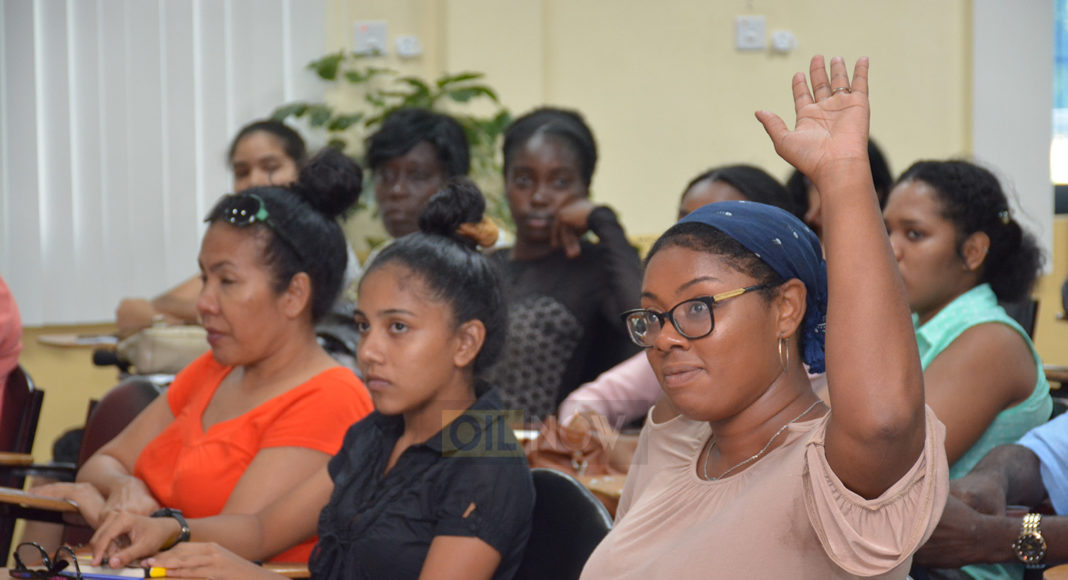Authorities in Guyana are looking to build a local group of core professionals that would ultimately take over the management of the oil and gas sector. This could see hundreds of Guyanese students being sent overseas to acquire the requisite skills so that they can return to take up key positions in the new oil producing South American country.
“We have to build a bureaucracy in Guyana to manage this development but you’re not going to build that overnight because as you’re working to build the bureaucracy – and bureaucracy in the good sense of the word here I’m speaking about – as you build this core of Guyanese professionals, managers…you also have to regulate the sector so we have to buy the best skills at this point in time until we can build that capacity,” said the country’s Vice President, Bharrat Jagdeo, speaking on a recent interview.
With approximately 9 billion barrels of oil equivalent discovered in the largest offshore block and more exploration underway both there and at other acreages, Guyana’s hydrocarbon resources will further increase in coming years. ExxonMobil began producing oil last December and this is expected to rapidly increase in the years ahead, surpassing the 1 million barrels per day mark by 2030.
Ensuring Guyanese can enjoy maximum benefits from this emerging industry has been a key focus of the government since coming to office in August of this year.
“So, we were thinking about three, four hundred of our brightest students that we have to get them, send them off to study and start training them, this is at the senior level,” Mr. Jagdeo said. “And we believe that once they return, they may take four, five years, but then that could become the basis on which you build the long term take-over, maybe in five, seven, ten years’ time you have an entirely indigenous architecture staffed by Guyanese.”
He said at the same time, efforts will be made to train Guyanese for the more immediate opportunities which are emerging at the technical level, as exploration and production activities ramp up.
“Simultaneously with that, and a quicker win, is to train people for the immediate task. So, the welders, the drivers of…equipment you know, specialised skills. A whole range of training programmes are in the works so that more of our people can work in the industry…at the technical level servicing the industry,” he said.
The Vice President said the push for local involvement will be supported by ‘strong legislation’ which directs the companies that they have to recruit and spend ‘a guaranteed part of their total expenditure’ every year in Guyana. However, he pointed out that this would be contingent on the requisite skills being available in the country.
He said while the highly specialised skills and facilities needed for major tasks such as building the floating production storage and offloading (FPSO) units are not available in Guyana, there are a number of other areas where Guyanese can provide the services.
“How can the locals make money if…we can’t go out and pump the oil? We can’t build the FPSO at this stage they’re too complex for us but at least we can do those [other] things. We can build nice apartments to rent, we can supply a whole range of services, food etc. to the companies and that’s where a significant part of the flow should come to our people,” Mr. Jagdeo said. “We made this clear in our manifesto and now we’ve said this to ExxonMobil. I’ve said that to them directly, President Ali has said that to them. This has to be crucial; Guyanese must benefit, our people must prosper, and they must share in the prosperity of the oil wealth.”



